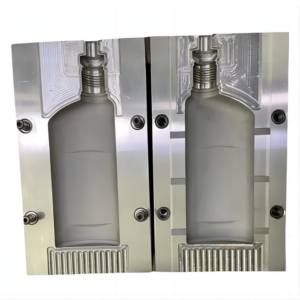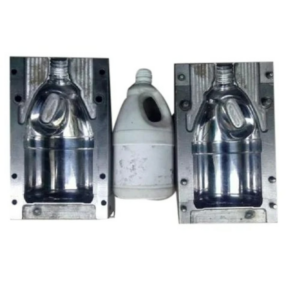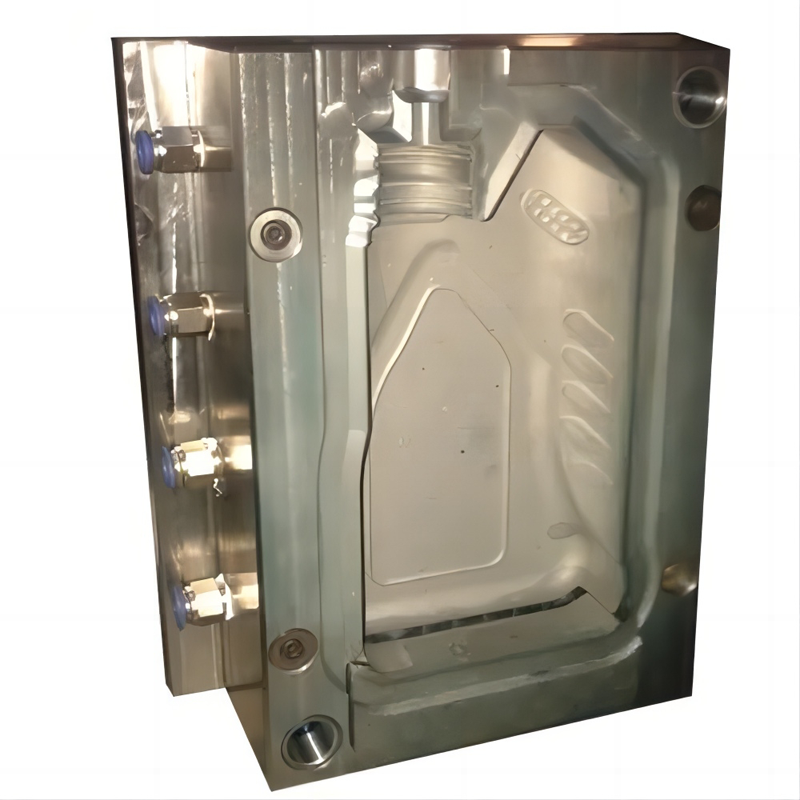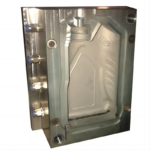Advanced Injection Molding Techniques
Our manufacturing facility specializes in advanced injection molding techniques, offering top-notch precision and efficiency. Utilizing S136 steel for the mold core and 45# steel for the mold base, our injection molding process ensures durability and reliability. With a single cavity design, our production capability reaches up to 50 sets per month, delivering consistent quality and performance with each run.
Production Timeline
Our standard production timeline for plastic molds is 35-45 days, following a meticulous process to ensure quality and accuracy:
- Sample Submission: Customers provide samples.
- 3D Design: Our designers create a 3D model and send it for customer approval.
- Mold Design: Begin designing the mold.
- Material Procurement: Order the necessary steel.
- CNC Processing: Precision CNC machining.
- Electrosparking: Fine detail work on the mold.
- Mold Assembly: Assembling the completed mold.
- Testing: Conducting test injections.
- Sample Delivery: Sending plastic part samples to clients.
- Packing and Delivery: Final packaging and shipment.
- Customer Feedback: Collecting feedback for continuous improvement.
- New Orders: Process new orders based on feedback and demand.
Key Elements of Precision Injection Molding:
Precision is paramount in every stage of injection mold manufacturing. Here are the key factors that contribute to achieving precision in injection molding:
Design Accuracy: The design phase lays the groundwork for a successful mold. Accurate and detailed designs ensure that the final product meets specifications without defects.
Machining Excellence: CNC machining transforms designs into precise mold components. Machinists must execute with precision to maintain design specifications accurately.
Tolerance Management: Tight tolerance control ensures consistent part dimensions and quality. Deviations from specified tolerances can lead to defects.
Surface Quality: The surface finish affects the appearance and quality of molded parts. Achieving smooth, uniform surfaces minimizes defects and ensures proper material flow.
Quality Assurance: Rigorous quality checks throughout the process verify accuracy, functionality, and durability, ensuring high-quality molds.
Material Selection: Choosing the right material is crucial for mold durability and performance. Different materials offer varying hardness, wear resistance, and thermal conductivity.
Continuous Improvement: Continuous refinement of designs and processes through testing and optimization leads to enhanced mold quality and efficiency over time.


